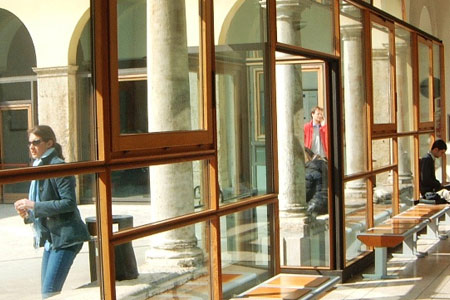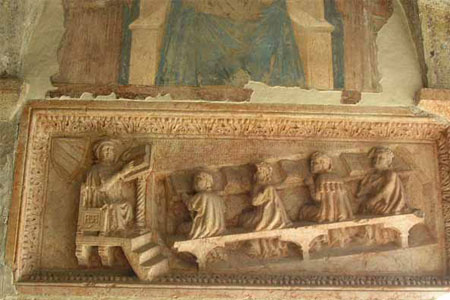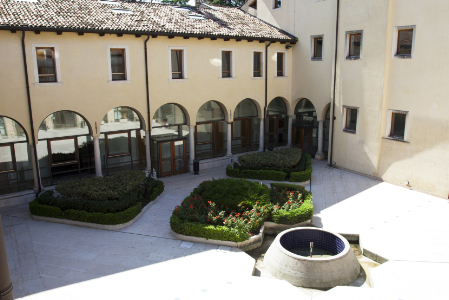The EPAPFR project (JUST-JCOO-CIVI-AG-2016-764214) derives from the partnership of the Department of Law of the University of Verona, represented by Prof Maria Caterina Baruffi (Full Professor of International Law), with the University Jean Moulin Lyon III (France), the International Social Service-Bulgaria, the University of Liege (Belgium), the “Association pour le droit des étrangers” (Belgium), the “Deutsches Institut für Jugendhilfe und Familienrecht” (Germany) and the association “Femmes Informations Juridiques Internationales Rhône-Alpes” (France), international coordinator of the project.
It stems from the assumption that vulnerable migrant people, such as women, unaccompanied children and refugees, need special protection when facing difficulties related to private international law issues on family matters. Therefore, the project's objective is two-fold. On the one hand, its aim is to deepen the study of the existing legal tools, in particular EU regulations and international conventions on family matters, as well as their application at a national level. On the other hand, it aims at encouraging and strengthening the cooperation between entities, bodies and practitioners that work in the legal field or in the social services. In particular, the focus is on enhancing the collaboration between institutional and associative entities, legal and medical practitioners, volunteers operating on Member States’ territory, and civil society in general, in order to better deal with actual issues of private international law on family matters. The ultimate goal consists in putting in contact services specialized in private international law, working closely with the end-users (persons concerned) in order to facilitate effective access to justice in the relevant field, to promote the training of professionals, to increase end-users’ awareness, to encourage exchange of experiences and good practices between institutional actors coming from different Member States.
Among the project activities, the realisation of a questionnaire is envisaged, whose dissemination is supported by the establishment of technical committees at national level (and for Italy, the European Documentation Centre of Verona contributes to the dissemination). In addition, the members of the technical committees (e.g. academics, lawyers and legal practitioners, social services staff), organised into working groups, are invited to discuss, exchange views, comment and raise questions on the respective topics.







